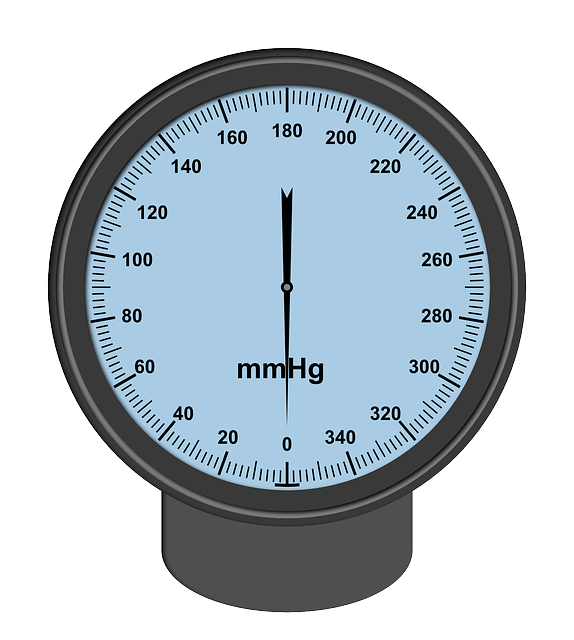The UK Diabetes Blood Test is a key tool for monitoring overall health, especially for diabetics or at-risk individuals, as it checks vital markers including vitamin D levels. Vitamin D, often low in the UK due to limited sunlight, influences over 1,000 genes and is crucial for bone health, immune function, and cardiovascular wellness. Deficiencies are linked to diabetes, osteoporosis, and cancer. Regular testing through a simple blood test allows proactive management of vitamin D levels, preventing complications and promoting long-term wellness.
“Enhance your overall wellness journey with a deep dive into the crucial role of Vitamin D levels testing. In today’s health-conscious world, understanding your vitamin D status is more important than ever. This article explores how monitoring Vitamin D levels can be a game-changer for disease prevention and optimal wellness, especially in light of the UK Diabetes Blood Test guidelines. Discover how this simple test can reveal insights into your body’s health tapestry.”
- Understanding Vitamin D Levels and Their Impact on Health
- The UK Diabetes Blood Test: What You Need to Know
- Monitoring Vitamin D for Optimal Wellness and Disease Prevention
Understanding Vitamin D Levels and Their Impact on Health
Vitamin D levels play a crucial role in overall health and wellness, influencing various physiological processes in the body. Often referred to as the ‘sunshine vitamin’, it is primarily produced by our bodies when skin is exposed to sunlight. However, in the UK, where sun exposure may be limited during certain seasons, maintaining adequate Vitamin D levels becomes even more important for optimal health.
A UK Diabetes Blood Test can help individuals understand their Vitamin D status, as deficiencies have been linked to numerous health issues. Low Vitamin D levels have been associated with increased risk of chronic diseases such as cardiovascular problems, osteoporosis, and even certain types of cancer. Furthermore, it is essential for bone health, immune function, and muscle strength. By keeping track of Vitamin D levels through regular testing, individuals can take proactive measures to ensure their bodies receive the necessary amounts, thereby promoting overall wellness and reducing the risk of potential health complications.
The UK Diabetes Blood Test: What You Need to Know
In the UK, the Diabetes Blood Test is a crucial tool for monitoring overall wellness, particularly for those at risk or already diagnosed with diabetes. This simple test measures your blood glucose level, providing valuable insights into how your body is managing sugar metabolism. It’s recommended that individuals over 40 undergo regular testing as part of their routine healthcare checks, as it can help detect prediabetes and early-stage diabetes when interventions can be most effective.
The UK Diabetes Blood Test typically involves a quick finger prick to obtain a small sample of blood, which is then analysed for glucose levels. Results are categorised into ranges: normal, prediabetic, or diabetic. This information is vital for individuals to take proactive measures towards maintaining optimal health. If the test indicates prediabetes, lifestyle changes such as diet and exercise adjustments can help prevent the progression to type 2 diabetes.
Monitoring Vitamin D for Optimal Wellness and Disease Prevention
Monitoring Vitamin D levels is an essential aspect of overall wellness, particularly in the UK where various health conditions, including diabetes, are prevalent. A simple blood test can reveal if your Vitamin D levels are optimal, which is crucial for maintaining good health and preventing diseases. This test, often included in comprehensive diabetes blood tests in the UK, checks 25-hydroxyvitamin D (25(OH)D), a form of Vitamin D that indicates your body’s Vitamin D stores.
Adequate Vitamin D levels are vital for bone health, immune function, and even cardiovascular health. It plays a role in over 1,000 genes, affecting everything from mood to muscle strength. Individuals at higher risk of Vitamin D deficiency include those with limited sun exposure, older adults, people with certain medical conditions, and those taking medications that affect Vitamin D metabolism. Regular monitoring allows for timely intervention should levels drop below optimal ranges, helping to mitigate risks associated with both short-term and long-term deficiencies.
Vitamin D levels testing, as highlighted by the UK Diabetes Blood Test guidelines, is a powerful tool for monitoring overall wellness and preventing diseases. Understanding your vitamin D status can empower you to make informed decisions about your health. Regular checks, especially in high-risk groups, can lead to improved outcomes and enhance quality of life. Embrace the insights from this test as part of your holistic approach to wellness.
